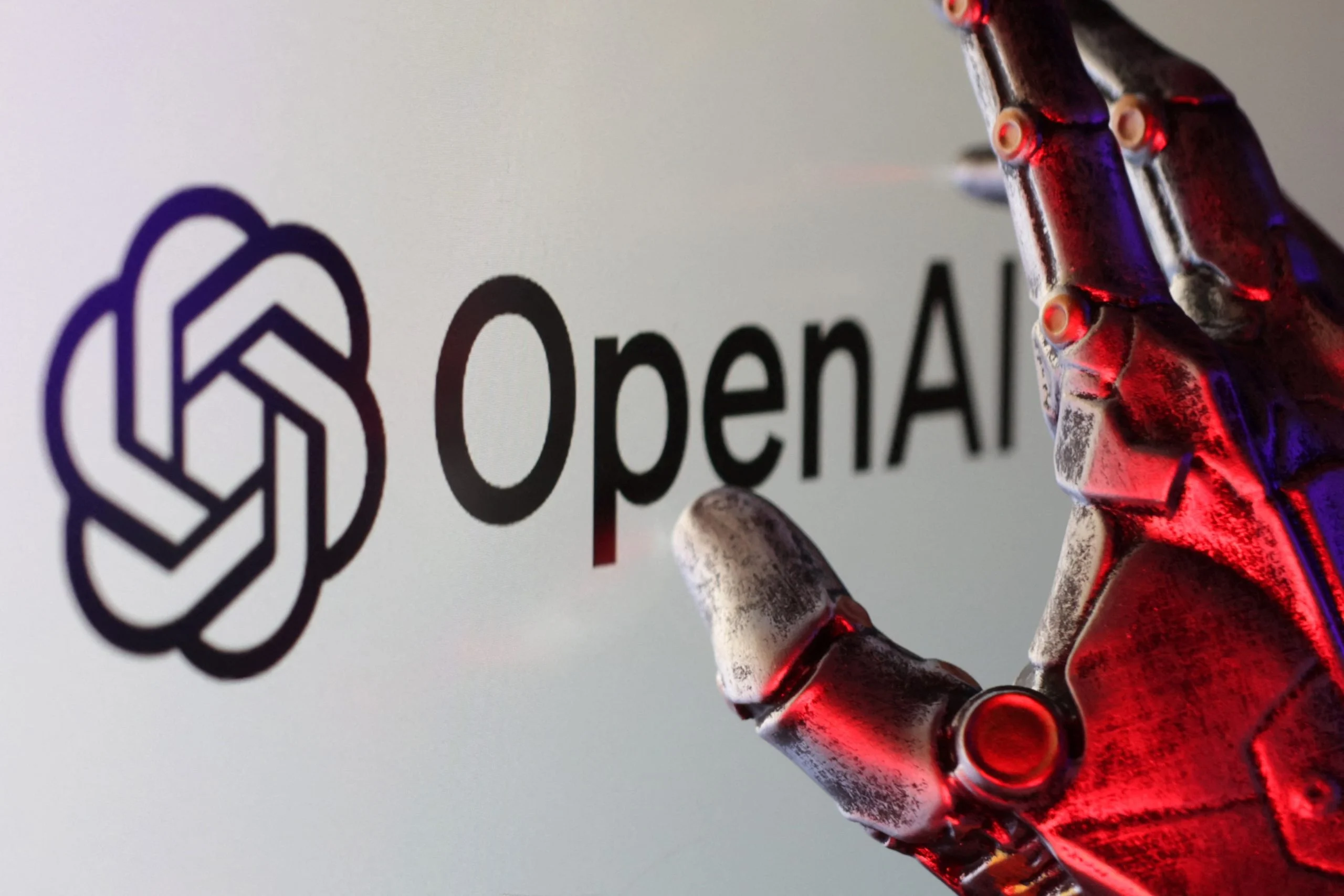Although official details regarding GPT-5 are not out, it will likely be a significant advancement to ChatGPT in terms of language processing abilities.
It seems AI powerhouse OpenAI is gearing up to launch its advanced large language model in the GPT series – GPT-5. A trademark filing that recently surfaced on the internet seems to have hinted at the potential launch of the advanced LLM from the Sam Altman-led company. This has come to light owing to a recent registration application that was filed with the US Patent and Trademark Office. The application indicates the potential launch of the advanced LLM in the near future.
Although details regarding GPT-5 are not out, it will likely be a significant advancement in terms of language processing abilities. The site that shows the trademark application says, “The trademark application has been accepted by the Office (has met the minimum filing requirements) and has not yet been assigned to an examiner.” as the status.
In April, Altman had rubbished the rumours that his company was already developing GPT-5. Back then, he said that OpenAI was not training the model and would not be doing so for some time. However, now with the latest report, it seems GPT-5 is just around the corner.
What to expect from GPT-5?
The wild success of GPT-4 has led to greater expectations from GPT-5 LLM. There is clearly a sense of anticipation in the tech world.
Fewer hallucinations: Reportedly, GPT-5 will be more powerful and will come with a significant decrease in hallucinations, a downside to chatbots where they produce inaccurate and incoherent information. Several reports indicate that OpenAI may be solving this through advanced training methods.
Multi-modality: GPT-5 is expected to grasp not only text but also images, videos and audio. With the kind of multi-sensory ability that is being discussed in various forums, GPT-5 is likely to offer a comprehensive and immersive experience. Moreover, this feature could come with an array of use cases, including those for content generation and a wide variety of creative industries.
More computational efficiency: It is speculated that GPT-5 will come with more computational efficiency, and this will be done by optimising the architecture and training methodologies. OpenAI is reportedly aiming to make GPT-5 more accurate with its language processing and generation. This essentially means users will get to experience faster response times.
Improved memory and contextual understanding: The forthcoming GPT-5 model may have improved long-term memory allowing it to retain and recall information in more efficient ways. Besides, the model is expected to come with better contextual understanding enabling it to offer far more accurate responses to user prompts.
More inputs and areas of innovation: There will be room for more queries and inputs with GPT-5. This will allow users to engage in a more detailed manner. Moreover, OpenAI is likely to push the boundaries of the LLM’s possibilities as with GPT-5 the company may expand its usage to newer domains. This could potentially fuel innovation across various industries.
When it comes to parameters, OpenAI will offer a significantly higher number of parameters on GPT-5.
This will make it a more powerful AI tool, further blurring the distinction between machine-generated content and those created by humans. It is to be noted that when GPT-4 was to be launched, expectations were high. However, that version turned out to be a mere refinement of GPT-3.5. It is important to remember that there has been no official confirmation from OpenAI about GPT-5. The above-listed information has been gathered from speculative reports on the internet.
Blog by : Priyanka Rana
Copyright is subject to the respective owner of the original content. Mail us for credit

04
AugRecent Blog
Vikram 3201 & Kalpana 3201Apr 04, 2025
The Open Weight Language ModelApr 03, 2025
Asia Cup 2025Apr 02, 2025
The CrocodilusApr 01, 2025
SARATHIMar 31, 2025




